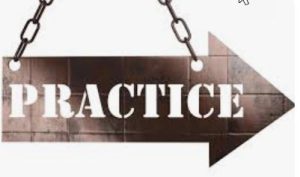As a long-time practitioner in the SEC filings space, I actually don’t have a lot of experience drafting “happy talk” documents. The proxy and Form 10-K have undergone a radical transformation over my 35-year career in gradually evolving from compliance-only documents to ones that tilt towards real communication. It’s a positive trend that should continue.
What I worry about today are the ESG reports. The CSR reports. The sustainability reports. There’s a tendency for some of these to spend a lot of time on “happy talk.” Which makes them lose their credibility. Not to mention serving as a landmine for ESG litigation.
It’s an interesting phenomenon for these reports to be on the marketing side. I think its due to their progression from the old-fashioned CSR reports that touted a company’s corporate social responsibility. Those reports back in the day were filled with good news. They were expected to be. That’s all now changed.
Here’s an excerpt from this blog sharing a note from Nawar Alsaadi: “Over the last few years, I have read through a minimum of 300 engagement reports, and I would say the vast majority of them are nothing more than glossy marketing brochures designed to elicit a feeling of goodwill for the sake of raising AUM. The actual number of asset managers who use engagement as a genuine tool to manage risk and drive sustainability impacts is no more than a handful.
Most of us have a pretty good BS filter and happy talk is a trigger for us to doubt its veracity. And if we’re doubting what you’re saying, you’ve lost our trust. It’s not an effective communication tool. You’re losing the battle and the war.
Part of transparency is being authentic. And when it comes to the “E” and “S” in ESG, it’s not all good news. Particularly when it comes to climate. So if your disclosure makes it feel like there are nothing but opportunities, you may want to rethink the disclosure.”





















